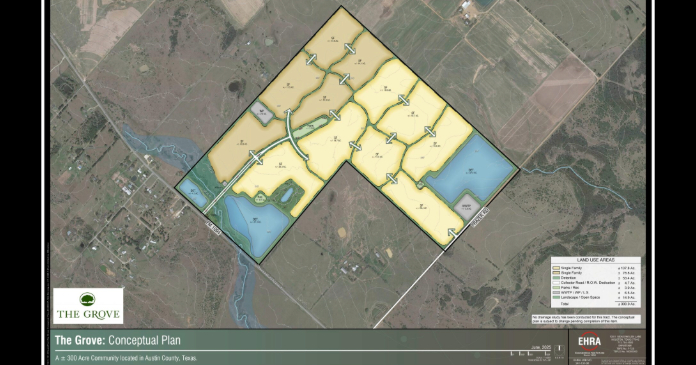In an effort to promote affordable and sustainable homeownership, especially among credit-worthy first-time buyers, the Federal Housing Administration (FHA) today published a long-awaited final regulation, and policy implementation guidance, which establish a new condominium approval process.
Designed to be flexible and responsive to market conditions, FHA’s new condo rule and the new Condominium Project Approval section of the Single Family Housing Policy Handbook, provide a comprehensive revision to FHA condominium project approval policy. In particular, the new policy will allow certain individual condominium units to be eligible for FHA mortgage insurance even if the condominium project is not FHA approved. The polices become effective October 15, 2019. Read FHA’s new condominium approval regulation.
FHA’s new condominium policy is part of a broader Administration objective to reduce regulatory barriers that currently restrict affordable homeownership opportunities. FHA’s new rule:
- Introduces a new single-unit approval process to make it easier for individual condominium units to be eligible for FHA-insured financing;
- Extends the recertification requirement for approved condominium projects from two to three years;
- Allows more mixed-use projects to be eligible for FHA insurance.
“Condominiums have increasingly become a source of affordable, sustainable homeownership for many families and it’s critical that FHA be there to help them,” said U.S. Housing and Urban Development Secretary Ben Carson. “Today, we take an important step to open more doors to homeownership for younger, first-time American buyers as well as seniors hoping to age-in-place.”
HUD Acting Deputy Secretary and FHA Commissioner Brian Montgomery added, “Today we are making certain FHA responds to what the market is telling us. This new rule allows FHA to meet its core mission to support eligible borrowers who are ready for homeownership and are most likely to enter the market with the purchase of a condominium.”
The vast majority (84 percent) of FHA-insured condo buyers have never owned a home before. While there are more than 150,000 condominium projects in the U.S., only 6.5 percent are approved to participate in FHA’s mortgage insurance programs. As a result of FHA’s new policy, it is estimated that 20,000 to 60,000 condominium units could become eligible for FHA-insured financing annually.
Single Family Policy Handbook Guidance
FHA’s new Single Family Handbook sections published today provide the additional requirements that lenders and other industry participants need in order to implement FHA’s new policy, including requirements for single-unit approvals, minimum owner occupancy requirements, and commercial/non-residential space limits. Read FHA’s changes to its Single Family Handbook.
Single-Unit Approvals
As of October 15, FHA will insure mortgages for selected condominium units in projects that are not currently approved. An individual unit may be eligible for Single-Unit Approval under the following conditions:
- The individual condominium unit is located in a completed project that is not approved;
- For condominium projects with 10 or more units, no more than 10 percent of individual condo units can be FHA-insured; and projects with fewer than 10 units may have no more than two FHA-insured units.
Minimum Owner-Occupancy Requirements
FHA will require that approved condominium projects have a minimum of 50 percent of the units occupied by owners for most projects.
FHA Insurance Concentration in Condominium Projects
FHA will only insure up to 50 percent of the total number of units in an approved condominium project.
Commercial/Nonresidential Space Limits
FHA will require that the commercial/non-residential space within an approved condominium project not exceed 35 percent of the project’s total floor area.













